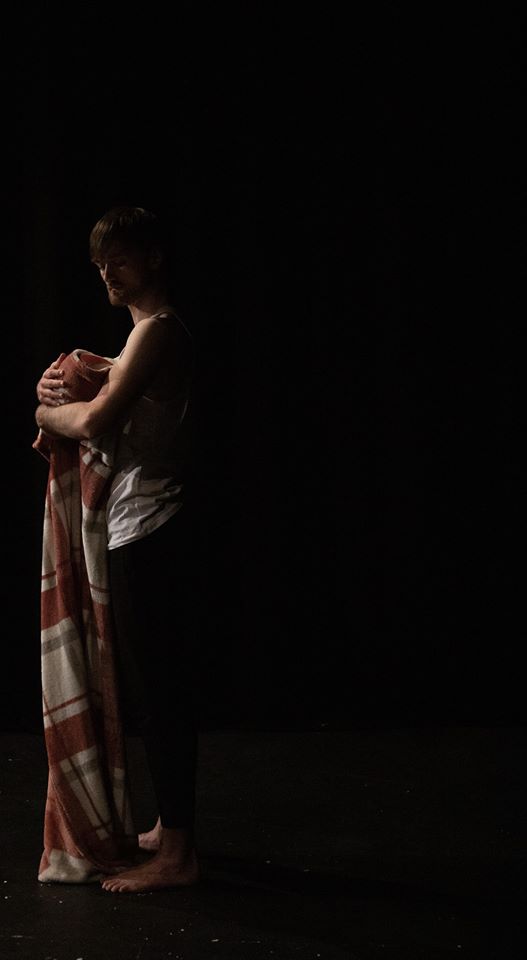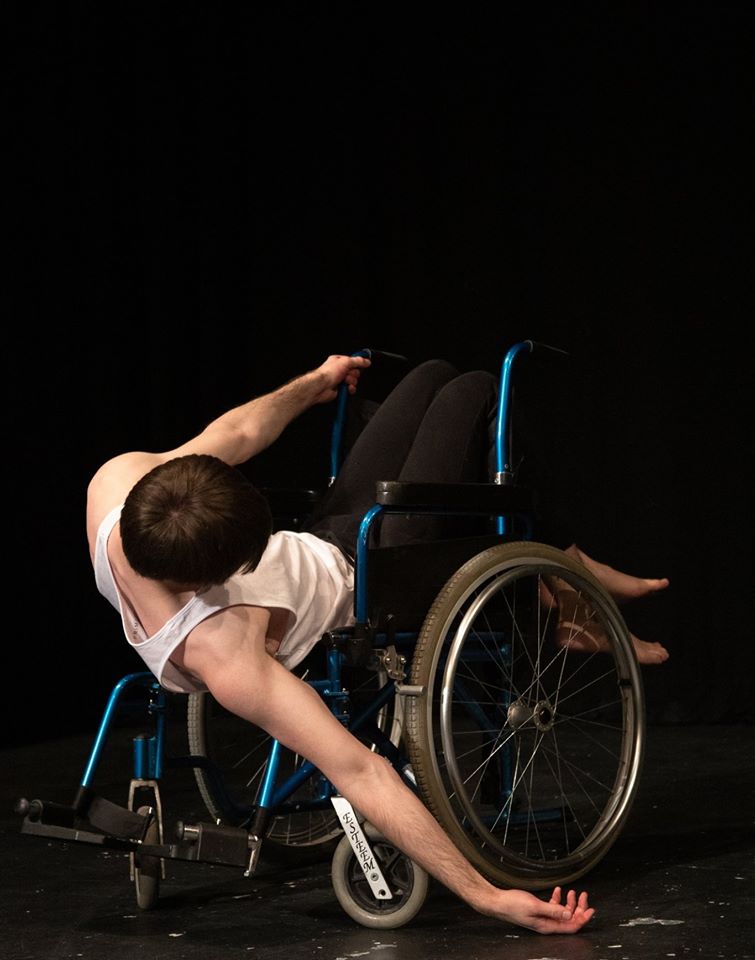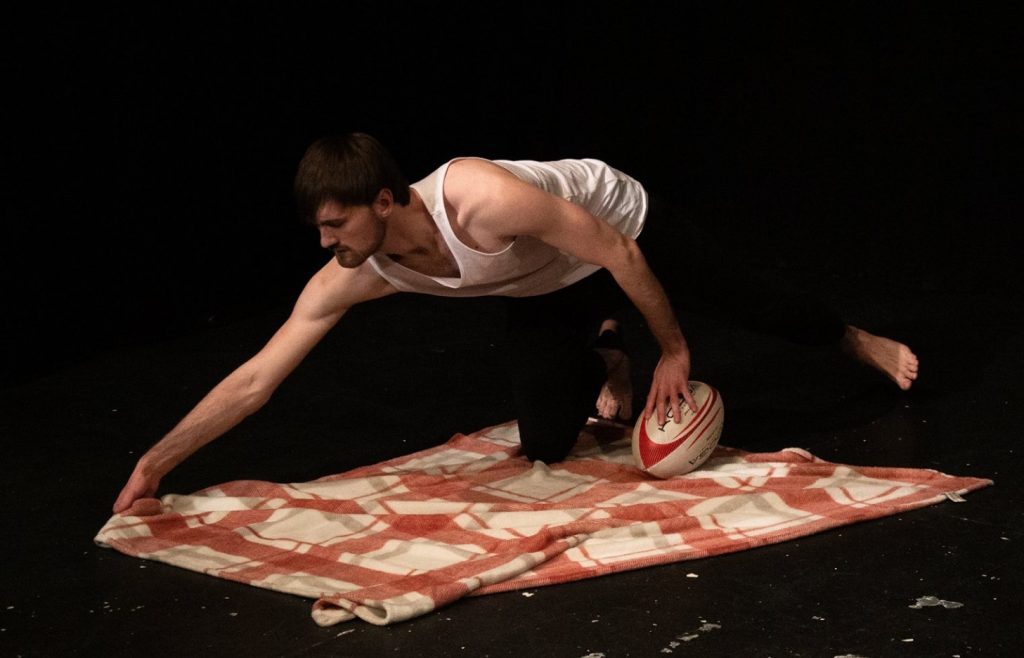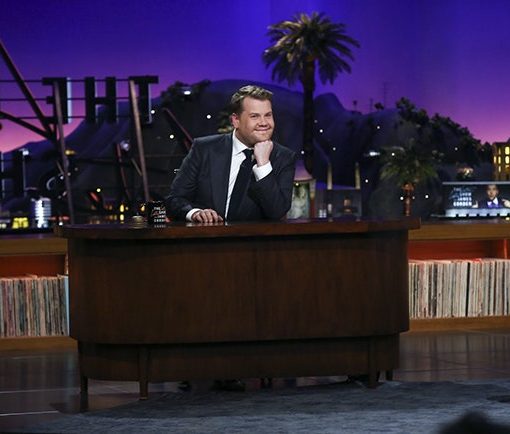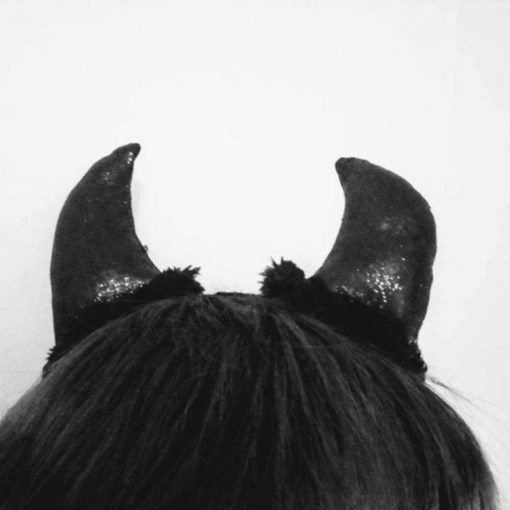Father’s Day is a devised performance which I wrote, directed and performed in. I created it for my Independent Practice and Research module in my final year at university. The piece explores themes of fatherhood, masculinity and disability through a semi-autobiographical lens.
Working on Father’s Day allowed me to experiment with new approaches to theatre making, drawing influence from other artists to find an approach which worked for me. This included the work of Tim Etchells and Forced Entertainment, who play in a space with objects and material to create mages and improvisations which can be recorded and later refined. I also studied Multiple Sclerosis in relation to entropy, learning to use the condition as a mechanic which I applied to my material to create affecting physical sequences.
As I developed Father’s Day I began to think of it as an ‘open wound’ and view it through the lens of trauma theory and cultural trauma. Although few people have had the exact same experiences as my own, within my experience are themes which everyone has a relationship to. Everyone has grown up with a father figure or a distinct lack of one. Everyone has lost someone they love, or are aware that one day they will. Father’s Day acted as a cultural trauma, an open wound into which an audience could project their personal life experiences to create their own understanding and emotional connection. Once this connection was made, the audience was offered the opportunity to reflect and make sense of their own life through viewing mine.
Creating this piece also helped me to further realise my identity and approach as a theatre maker. I discovered a process of deconstructing and reconstructing, seeing theatre as a collection of individual fragments of material, which can be individually refined and then ordered and layered together to form a whole which is more greater than the sum of its parts, where every piece of the picture is important.
Although I was overall happy with the piece which I created and performed for my university module, what I performed is not in my mind the finished product. If I were to restage Father’s Day, I would do so with the intention of improving upon what I initially performed. I do not feel that have fully realised what my style as a theatre maker is either. I hope to continue to learn and discover my values as an artist in the, by developing new work and revisiting Father’s Day in the near future.
Through my development of Father’s Day I also produced the following artist statement. Although this statement, like all of my theatre making and performance practice, is constantly changing and evolving, I feel that it is an accurate reflection of my core values as a theatre maker currently and that it is particularly reflective of my mindset when creating this piece.
Artist Statement
My work is personal.
When people watch my work, I want them to see not just myself, but themselves.
The more authentic I can make my work feel for myself, the more strongly it shall resonate with my audience.
My work is efficient.
I use only the bare essentials which are needed to say what I want to say.
This allows the audience to make their own personal interpretations and connections to my work.
I want my work to become their work.
My story to become their story.
